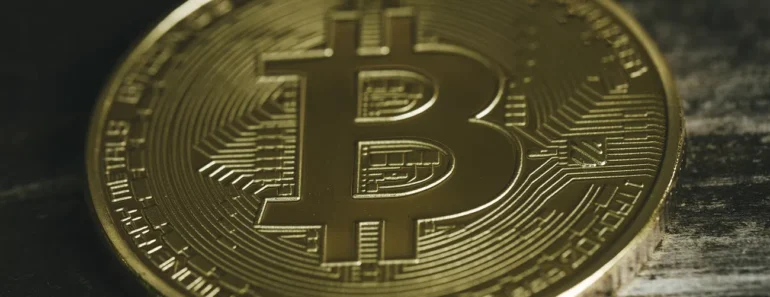[ad_1]
Bitcoin and Education: Innovations in Learning and Knowledge
Bitcoin, an increasingly popular cryptocurrency, is often associated with investments and financial transactions. However, this revolutionary technology also brings innovations in the field of education, making it possible to rethink learning and the dissemination of knowledge.
First, bitcoin facilitates international transactions, eliminating intermediaries and the high costs of remittances. This means that educational institutions can more easily collaborate and establish exchange programs with international partners. For example, universities can now accept payment in bitcoin for tuition fees, allowing international students to save on exchange fees and bank charges.
Additionally, bitcoin also facilitates access to education for unbanked populations. In many developing countries, traditional banking services are often inaccessible to rural communities. However, with bitcoin, all you need is a smartphone and an internet connection to transact. This allows students and teachers in these communities to access online educational resources, purchase digital books, and even pay tuition.
Additionally, bitcoin can also be used as an educational tool in classrooms. Teachers can create bitcoin-related projects, allowing students to understand how this technology works and to develop their math, economics and computer skills. For example, students can learn how to calculate the bitcoin exchange rate, understand blockchain concepts, and design applications based on this technology.
Another important aspect of using bitcoin in education is its potential to promote transparency and accountability in the education industry. Blockchain technology, on which bitcoin is based, allows the creation of public and immutable ledgers. This means that degrees and certifications can be recorded in a transparent and verifiable way, helping to combat academic fraud and build confidence among employers and institutions in students’ qualifications.
However, it is important to note that the use of bitcoin in education also presents challenges. Bitcoin price volatility can make it difficult to set consistent and predictable tuition fees. Additionally, there are still security and regulatory concerns around bitcoin transactions. It is therefore essential that educational institutions have appropriate policies and procedures in place to ensure the security of student transactions and data.
In conclusion, bitcoin offers new opportunities in education, enabling better international collaboration, easier access to education for unbanked populations, and increased transparency in the education industry. Despite the challenges, it is clear that this technology has the potential to transform the way we learn and share knowledge in the digital age.
→ READ ALSO: Niger: Discovery of 132 billion FCFA at the former president during a search?
→ READ ALSO: Line Renaud approaches death with serenity: “It will come when…
→ READ ALSO: Extreme heat announced in this department for Saturday August 12 during the heat wave
[ad_2]
Mots clés: #Methods #Learning #Knowledge
→ READ ALSO : Lula Relaunches Its Ambitious Infrastructure Works Program
→ READ ALSO : Line Renaud Approaches Death With Serenity: “It Will Come When…
→ READ ALSO : Extreme Heat Announced In This Department For Saturday August 12 During The Heat Wave
Suivez tous les scores en direct ici !
























